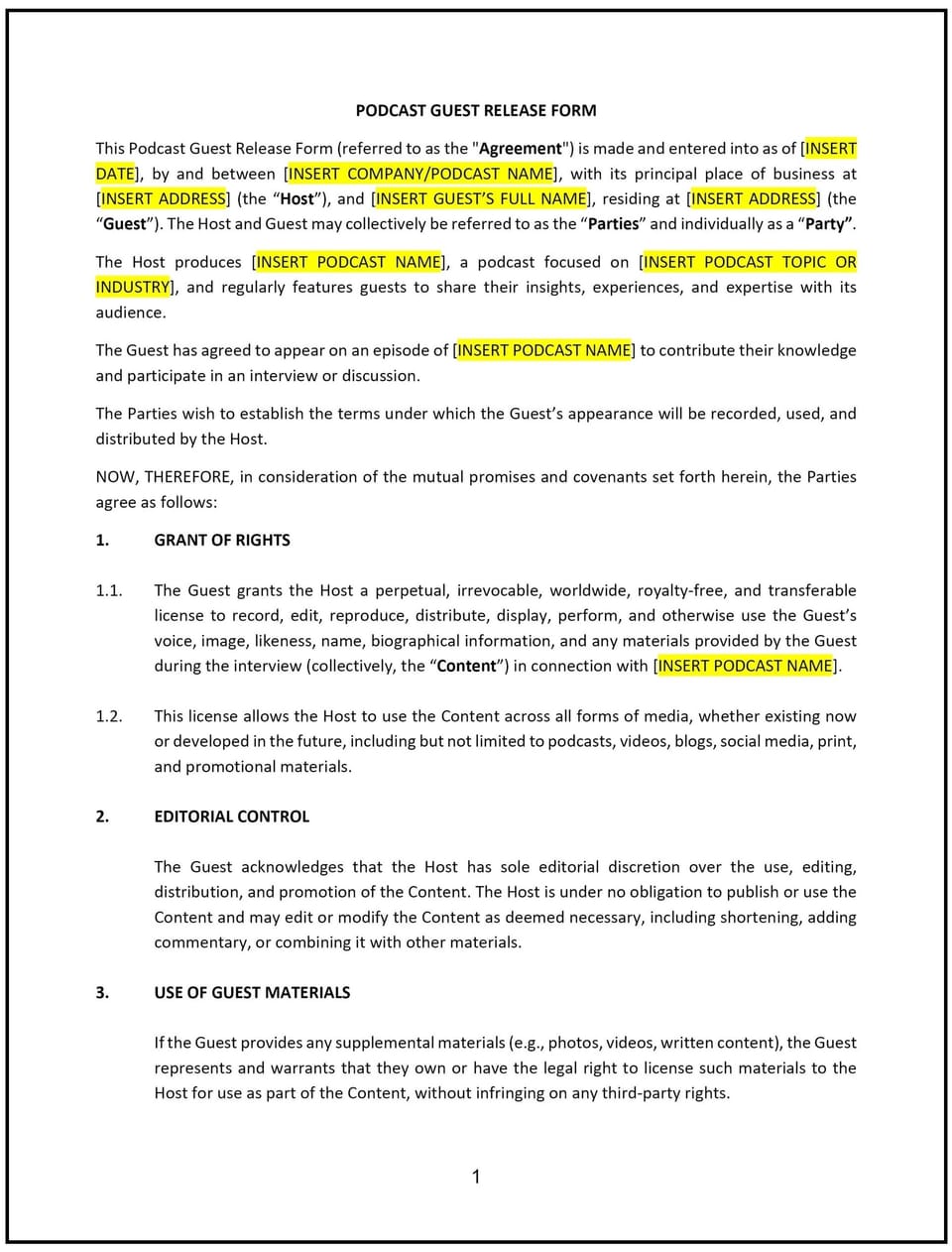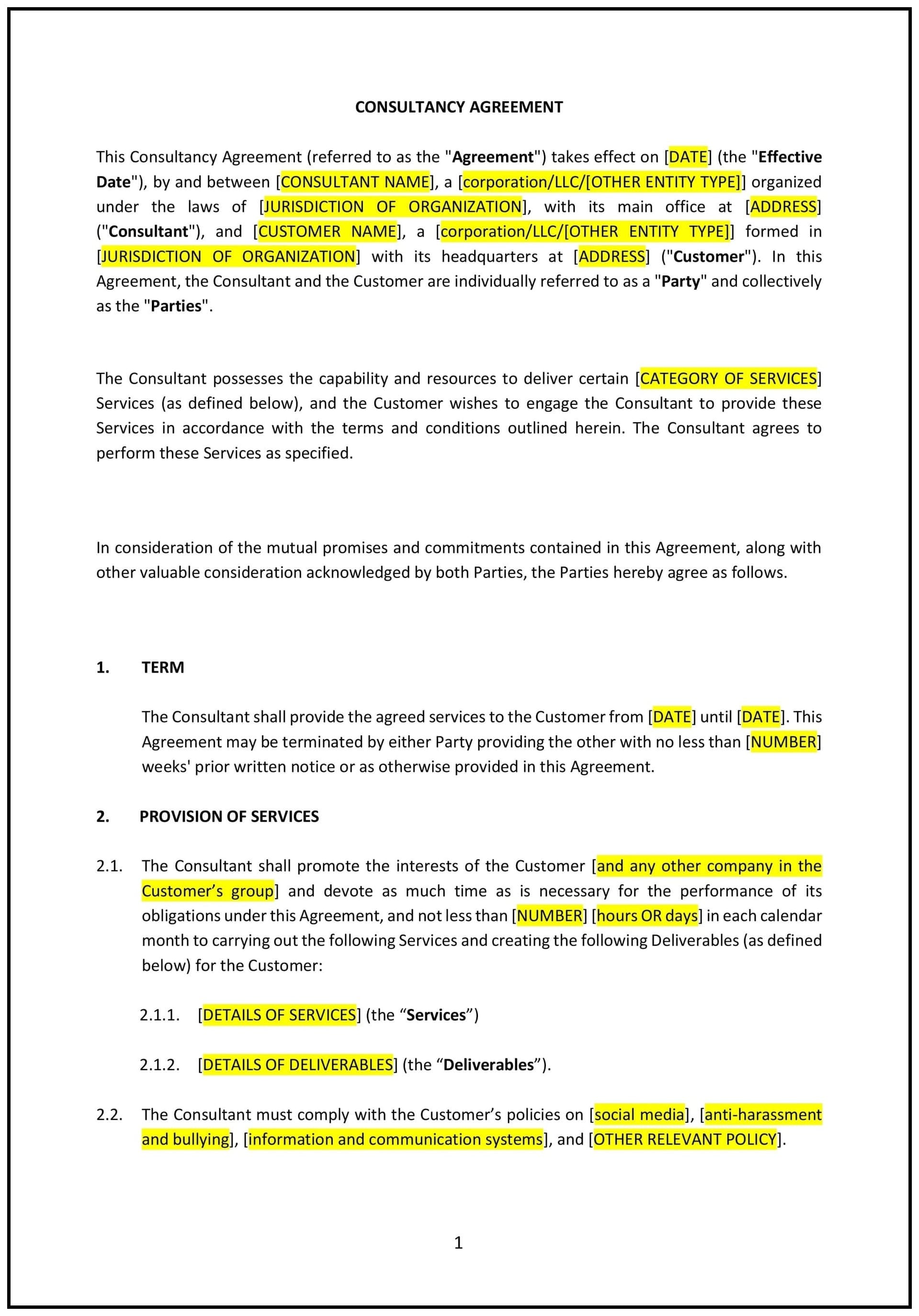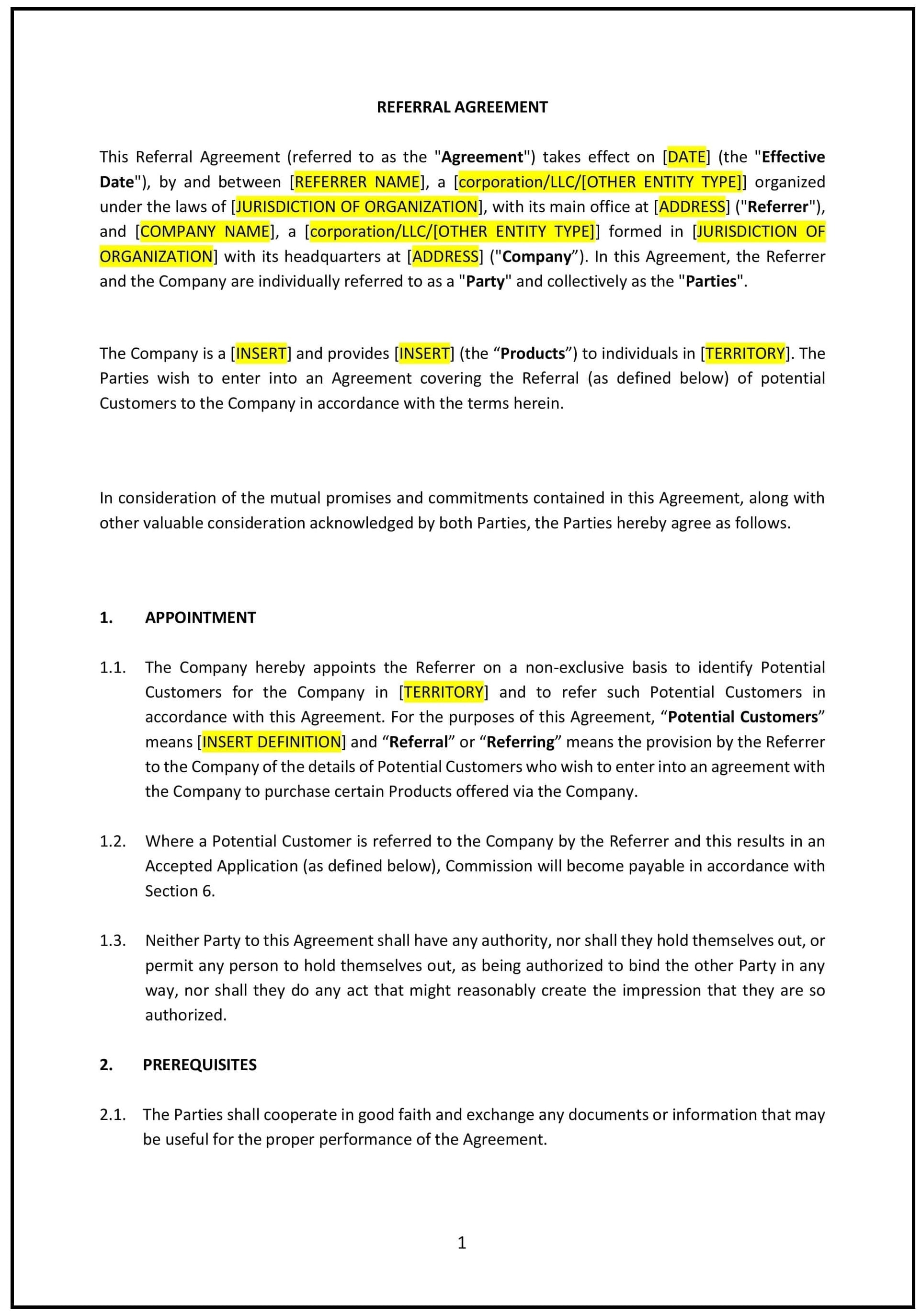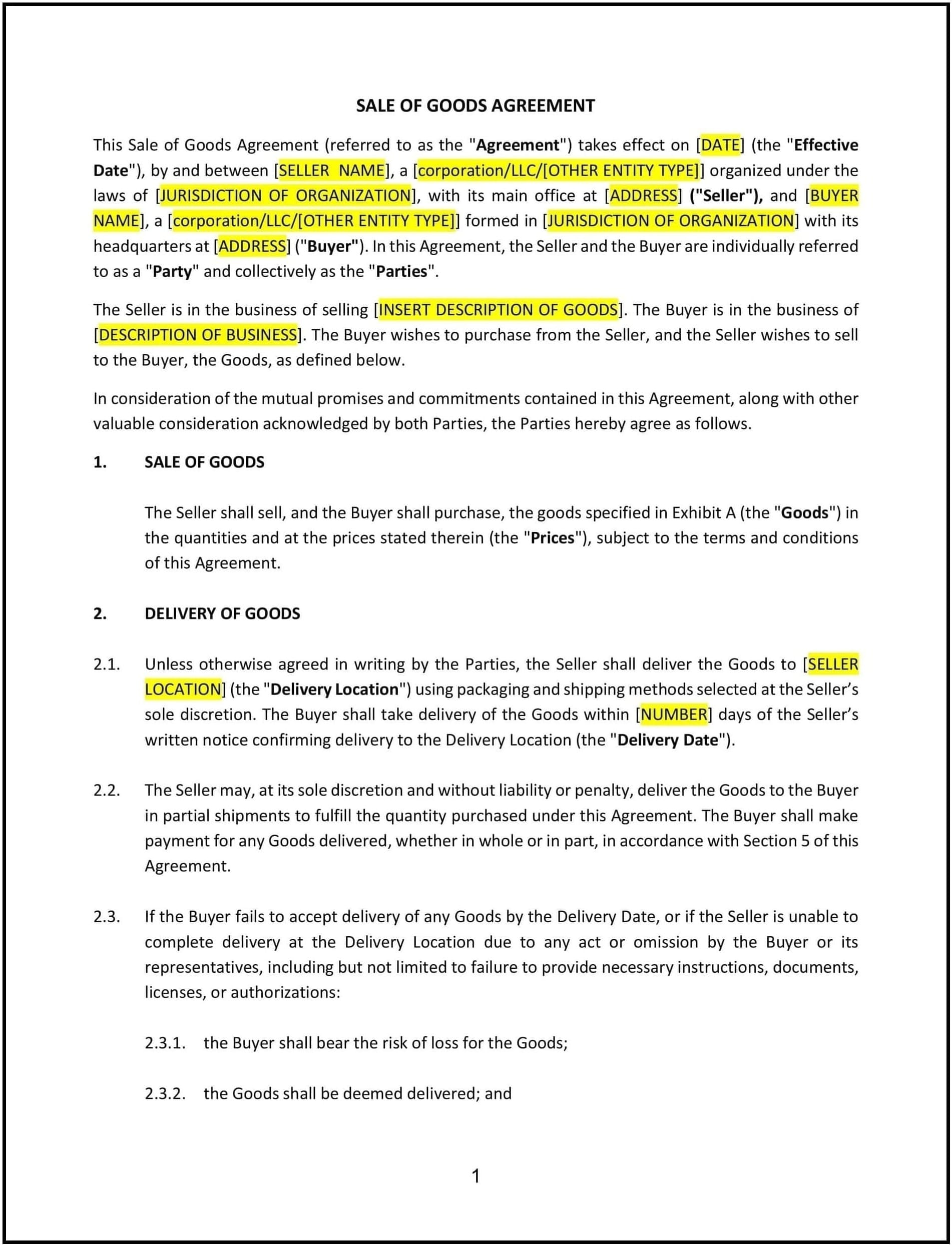Podcast Guest Release Form (Alaska): Free template

Podcast Guest Release Form (Alaska)
A Podcast Guest Release Form is a legal document that grants the podcast host or producer permission to record, distribute, and use the guest’s appearance in their podcast. In Alaska, these agreements are governed by state contract laws and must align with federal regulations regarding intellectual property and privacy rights. A well-drafted release form clarifies how the recording will be used, protects both parties’ rights, and meets Alaska’s requirements.
For example, an Anchorage-based podcast host might invite a local wildlife expert to discuss conservation efforts. A clear Podcast Guest Release Form helps define the scope of use for the recording and avoids potential disputes.
Tips for drafting and maintaining a Podcast Guest Release Form in Alaska
- Identify the parties involved: Clearly specify the names, addresses, and roles of the podcast host/producer and the guest.
- Example: “This Podcast Guest Release Form is entered into by [Podcast Host/Producer Name], located at [Address], and [Guest Name], residing at [Address].”
- Define the purpose of the release: Describe the scope of the podcast and how the guest’s appearance will be used.
- Example: “The purpose of this release is to grant [Podcast Host/Producer Name] permission to record, edit, distribute, and promote the podcast episode featuring [Guest Name].”
- Specify the content ownership: Clarify who owns the rights to the recording and any associated materials.
- Example: “The podcast host/producer retains all rights to the recording, including audio, video, and any derivative works.”
- Outline permitted uses: Specify how the recording may be used, such as on the podcast, social media, or promotional materials.
- Example: “The recording may be used for podcast distribution, marketing, advertising, and other promotional purposes without additional compensation to the guest.”
- Include confidentiality and exclusivity clauses (if applicable): Protect sensitive information or restrict the guest from discussing the same topic on other platforms.
- Example: “The guest agrees not to share confidential information disclosed during the recording and refrains from appearing on competing podcasts within 30 days of this episode’s release.”
- Address compensation (if any): State whether the guest will receive payment, exposure, or other benefits for their participation.
- Example: “The guest acknowledges that they will not receive monetary compensation for their appearance but will benefit from exposure to the podcast audience.”
- Include termination terms (if applicable): Specify conditions under which the agreement may be terminated or the content removed.
- Example: “The guest may request removal of the episode within 30 days of its release, provided it has not been widely distributed.”
- Outline governing law and jurisdiction: Ensure the agreement specifies that it is governed by Alaska law and identifies the appropriate courts for dispute resolution.
- Example: “This agreement is governed by the laws of the State of Alaska. Any disputes arising under this agreement shall be resolved in the courts of [Borough], Alaska.”
- Include signatures: Both the podcast host/producer and the guest must sign and date the agreement to make it legally binding.
- Example: “IN WITNESS WHEREOF, the parties have executed this Podcast Guest Release Form as of the date first written above.”
Frequently asked questions (FAQs)
Q: What does "exclusive rights" mean in a Podcast Guest Release Form?
A: "Exclusive rights" means that only the podcast host/producer has permission to use the guest’s content in the specified ways, preventing the guest from granting similar permissions to others.
Q: Can a guest revoke consent after signing a release form in Alaska?
A: Generally, no, unless the agreement includes a clause allowing revocation or both parties agree to amend the terms.
Q: What is the role of "compensation" in a Podcast Guest Release Form?
A: Compensation outlines whether the guest will receive payment, exposure, or other benefits for their participation. If no payment is involved, this should be clearly stated to avoid misunderstandings.
Q: Why is it important to include "termination terms" in the agreement?
A: Termination terms provide a clear process for ending the agreement or removing content, protecting both parties in case of unforeseen circumstances or breaches.
Q: What happens if a podcast host uses the guest’s content outside the agreed terms in Alaska?
A: The guest may pursue legal remedies, such as seeking damages (monetary compensation) or obtaining an injunction to stop the unauthorized use of their content.
This article contains general legal information and does not contain legal advice. Cobrief is not a law firm or a substitute for an attorney or law firm. The law is complex and changes often. For legal advice, please ask a lawyer.


